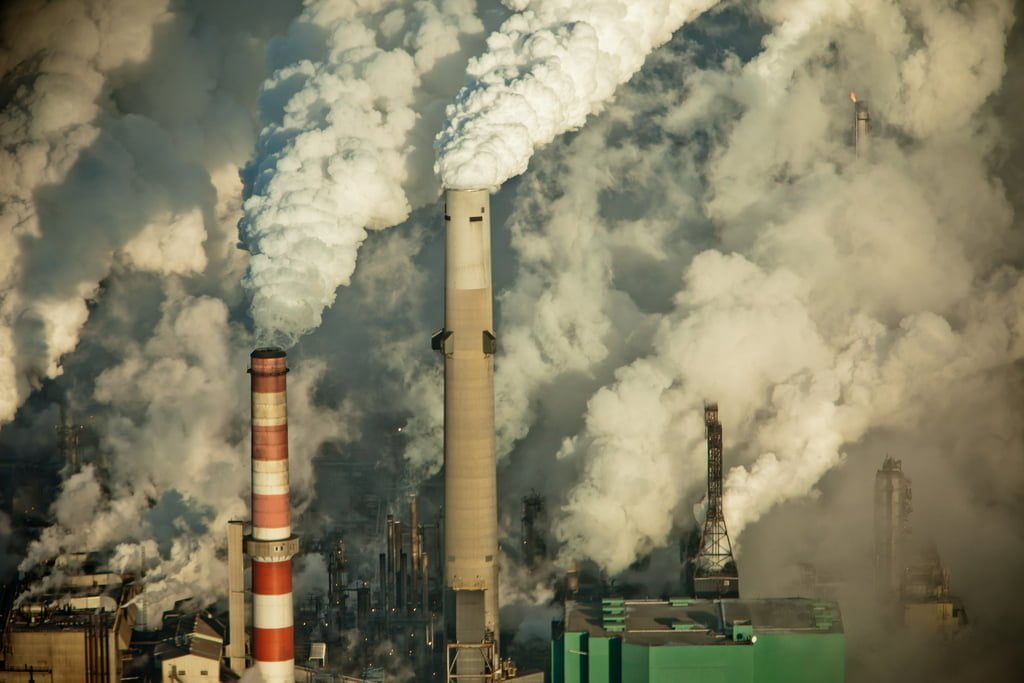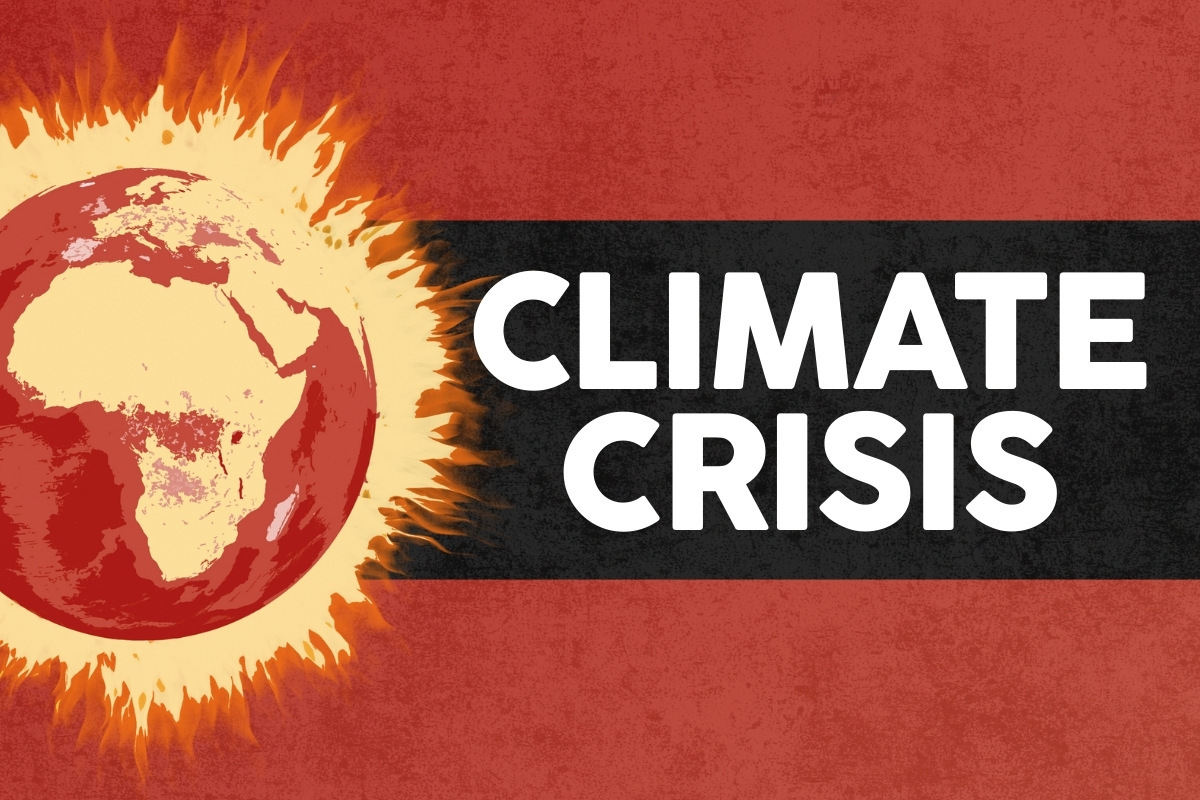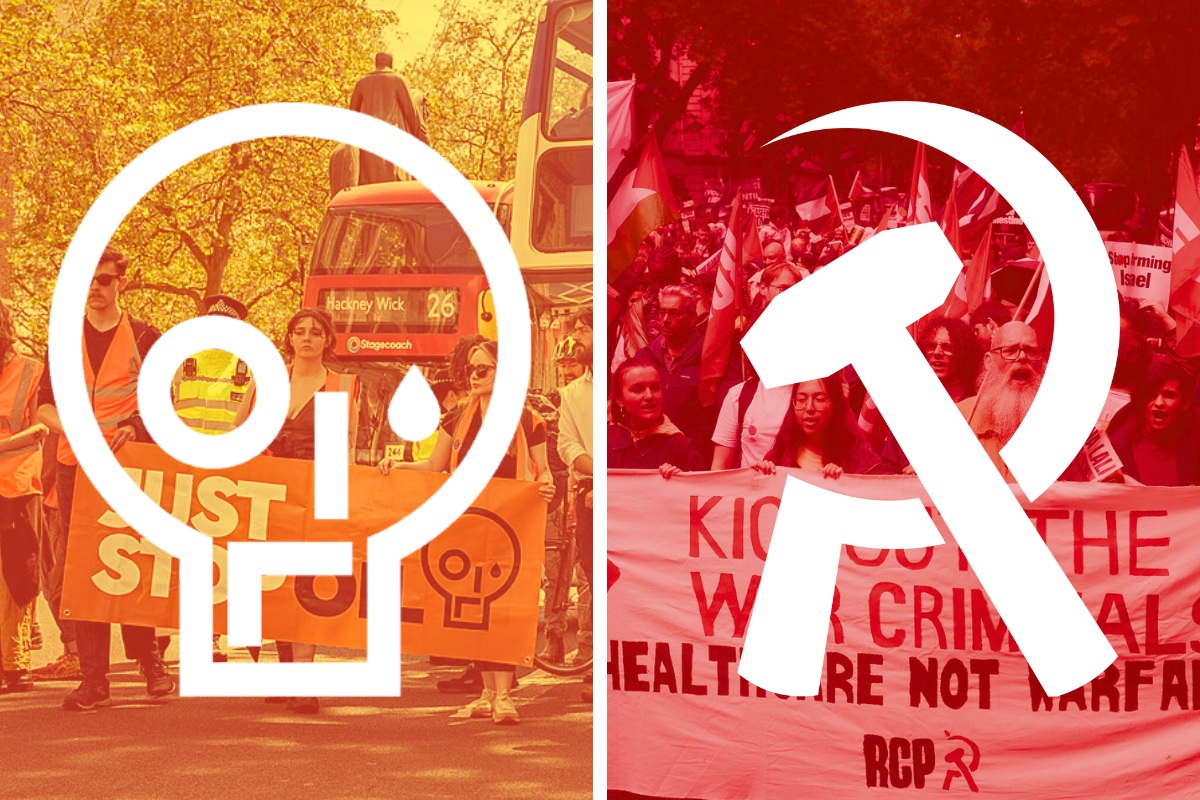Capitalism is killing our planet. But by taking over a tiny number of big companies, we could solve the problem through a socialist plan of production.
A recent scientific study published in the journal Climatic Change has concluded that just 90 instituitions are behind “63% of cumulative worldwide emissions of industrial CO₂ and methane between 1751 and 2010”. The destruction of our planet, in other words, is the result of the pernicious actions of a tiny number of giant entities.
Of these 90 companies, 83 are extractors and producers of fossil fuels – oil, gas and coal – while seven are producers of cement. 50 are major private businesses, such as Chevron, Exxon, BP and Shell. 31 are state-owned companies like Saudi Aramco and Russia’s Gazprom.
The top two contributors historically have been the bureaucratically managed industries in Stalinist Russia, closely followed by modern capitalist China’s state-owned industry.
Dominated by monopolies
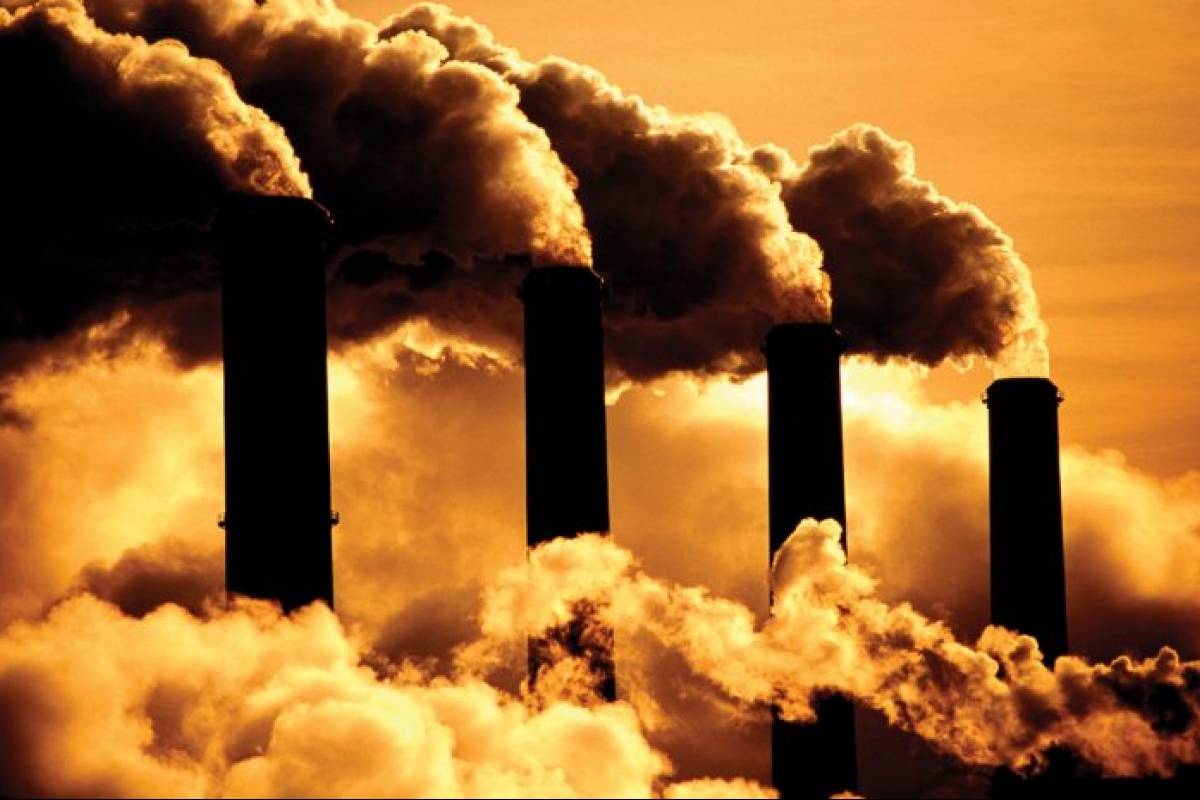 The findings take into account not only the emissions resulting from a company’s practices, but also “the carbon content of marketed hydrocarbon fuels” – that is, the emissions due to fossil fuels extracted from the ground. This explains why 83 of the 90 are oil, gas, and coal monopolies – monopolies that dominate over the economy and wider society.
The findings take into account not only the emissions resulting from a company’s practices, but also “the carbon content of marketed hydrocarbon fuels” – that is, the emissions due to fossil fuels extracted from the ground. This explains why 83 of the 90 are oil, gas, and coal monopolies – monopolies that dominate over the economy and wider society.
In response to the publication of the study, Naomi Oreskes of Harvard University revealed to the Guardian that many of the big corporate names on the list were also (not coincidentally) key funders of the climate change denial movement. This demonstrates the intrinsic link that exists between the economic power of these giant corporations and their ability to manipulate the political sphere to their advantage.
The blame for climate change, therefore, ultimately lies with these massive monopolies, and not with the average worker or individual consumer. We are constantly told that “we must all do our little bit to help the environment” by living a life of “ethical consumption”. But what choice, for example, do most ordinary people really have in terms how electricity reaches the grid and their homes?
Under capitalism, the real decisions in society are made by those in charge of these huge companies: in the boardrooms of the bankers and shareholders, whose interests are entirely opposed to those of the rest of us. Similarly, under the old Stalinist regimes, all decisions were made from the top-down, by a privileged bureaucracy, with no involvement of the masses.
In either case, it is the working class who must suffer the consequences of the elite’s environmental destruction.
At the end of the day, the people at the top have no interest in curbing climate change, as this would only serve to hit their profits. It is the poor and downtrodden who will have their homes destroyed by flooding or suffer the consequences of droughts. The billionaires responsible, meanwhile, live safe and sound in a world far removed from such problems.
For planning and control
 Furthering the case for public and democratic control of energy, the Climatic Change study points out that half of all industrial emissions in history occurred in the last 25 years. In other words, the majority of all emissions have occurred since it had already become clear that we are on the road to disaster.
Furthering the case for public and democratic control of energy, the Climatic Change study points out that half of all industrial emissions in history occurred in the last 25 years. In other words, the majority of all emissions have occurred since it had already become clear that we are on the road to disaster.
In 2018, with extreme weather events such as droughts and heatwaves becoming ever-more frequent, we are seeing the consequences of the elite’s recklessness.
In the face of the big polluting monopolies and their domination over society, a focus on individual consumer choices becomes, at best, trivial. At worst, it is a distraction: placing the blame on those who have no real control, and diverting our energies away from the fight for real, radical change in how industry, production, and the economy are run.
The technology and science exists to solve these environmental problems. The barrier to implementing these is the profit motive. In order to revolutionise our economy towards one based on clean, sustainable energy, we must therefore revolutionise how our economy is owned and controlled.
Under a system based on competition, private ownership, and production for profit, there will always be a race to the bottom, damaging lives and the environment in equal measure.
This recent study shows, however, how easily this could be overcome. By taking control of just 90 monopolies and running these according to a democratic and rational plan of production – based on society’s needs, not the profits of the super rich – we could dramatically reduce emissions and our impact on the planet in the space of a generation.
Unite the struggles
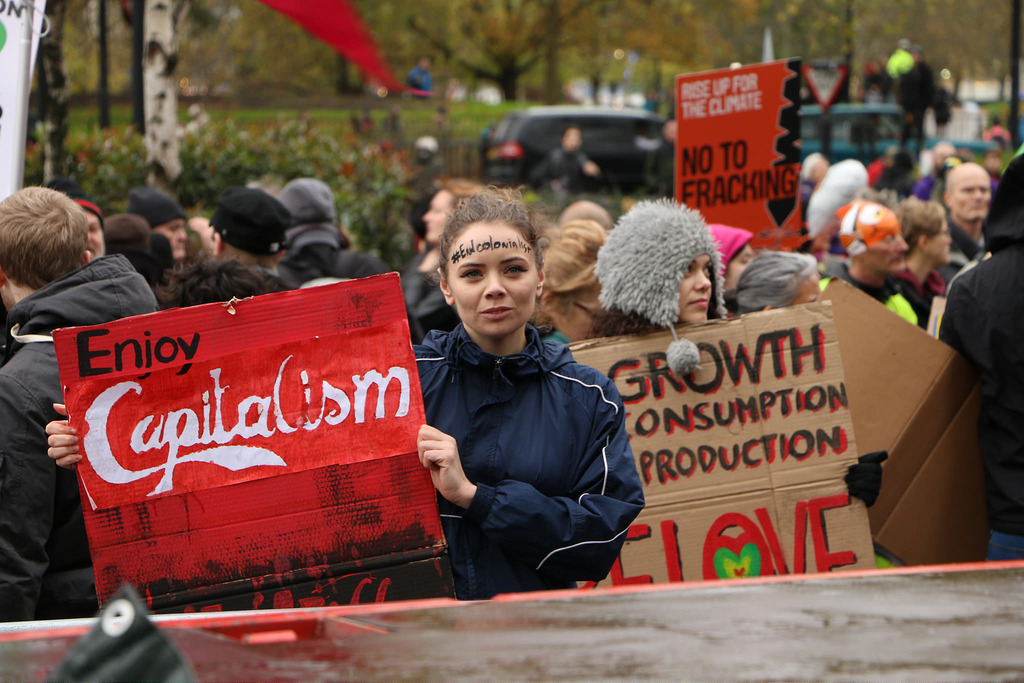 The focus of the environmental struggle must therefore be to link up with the labour movement and the struggles of the working class, in order to expropriate these major monopolies and the main levers of the economy.
The focus of the environmental struggle must therefore be to link up with the labour movement and the struggles of the working class, in order to expropriate these major monopolies and the main levers of the economy.
A movement with this bold demand on climate change could bring workers and youth across the world together, uniting activists from the trade unions and environmental campaigns in a militant struggle against the criminal corporations listed in this recent study, and for public ownership, workers’ control, and economic planning.
On this basis, a socialist society could throw the doors wide open for the transformation to clean energy and a sustainable future.

